Documents
1 1751 West Blvd Ca Aq5000 Sm
1 City Of La Rr 2025171 (2020 2022) 1
1 Hazard Center Ca Pg100 Sm
1 Hollyview Apartments Ca Pig435Sc Pd100 Sm
1 Potablewatertank 20 Million Gallon
1.4 Care Maintenance Procedures Polycoat Web
1.5 Primer Guidelines Web
1.6 Re Coat Guidelines Web
1.7 Measurement Conversion Charts Web
10 Battery Street Ca Pf160 W 6072 Sm
10 Pasadena Inn Ca Pc Im129 Pig246Sc Sm
10 Pc Im 129 Nsf Cert
Videos
Images
No images found.
